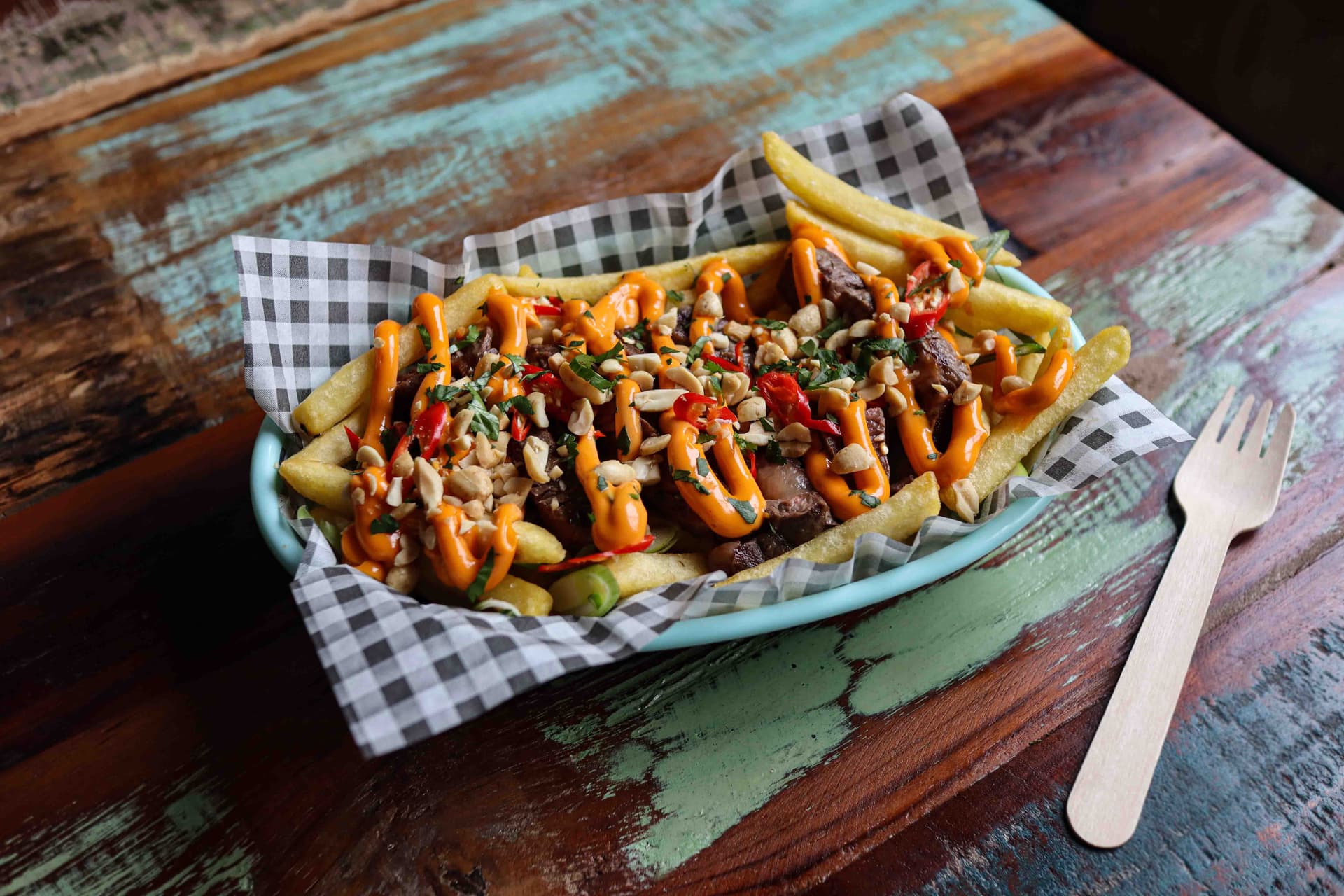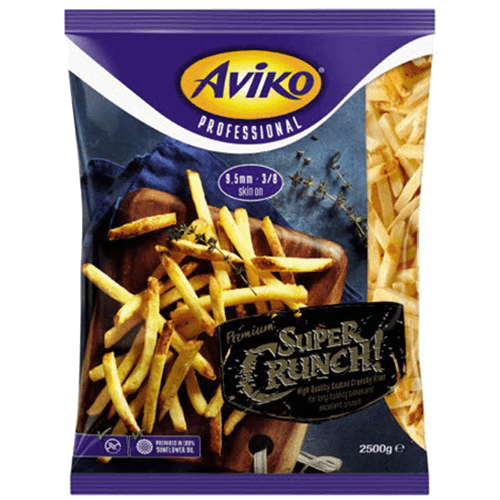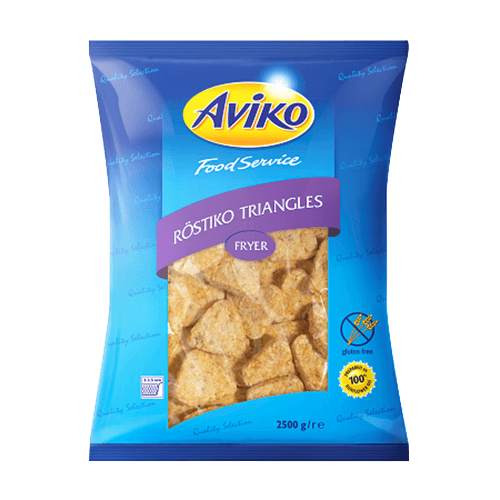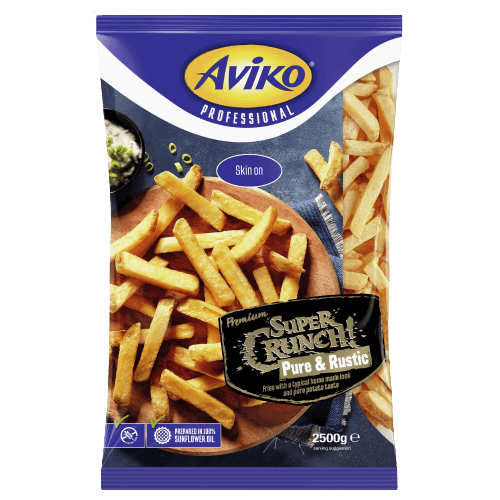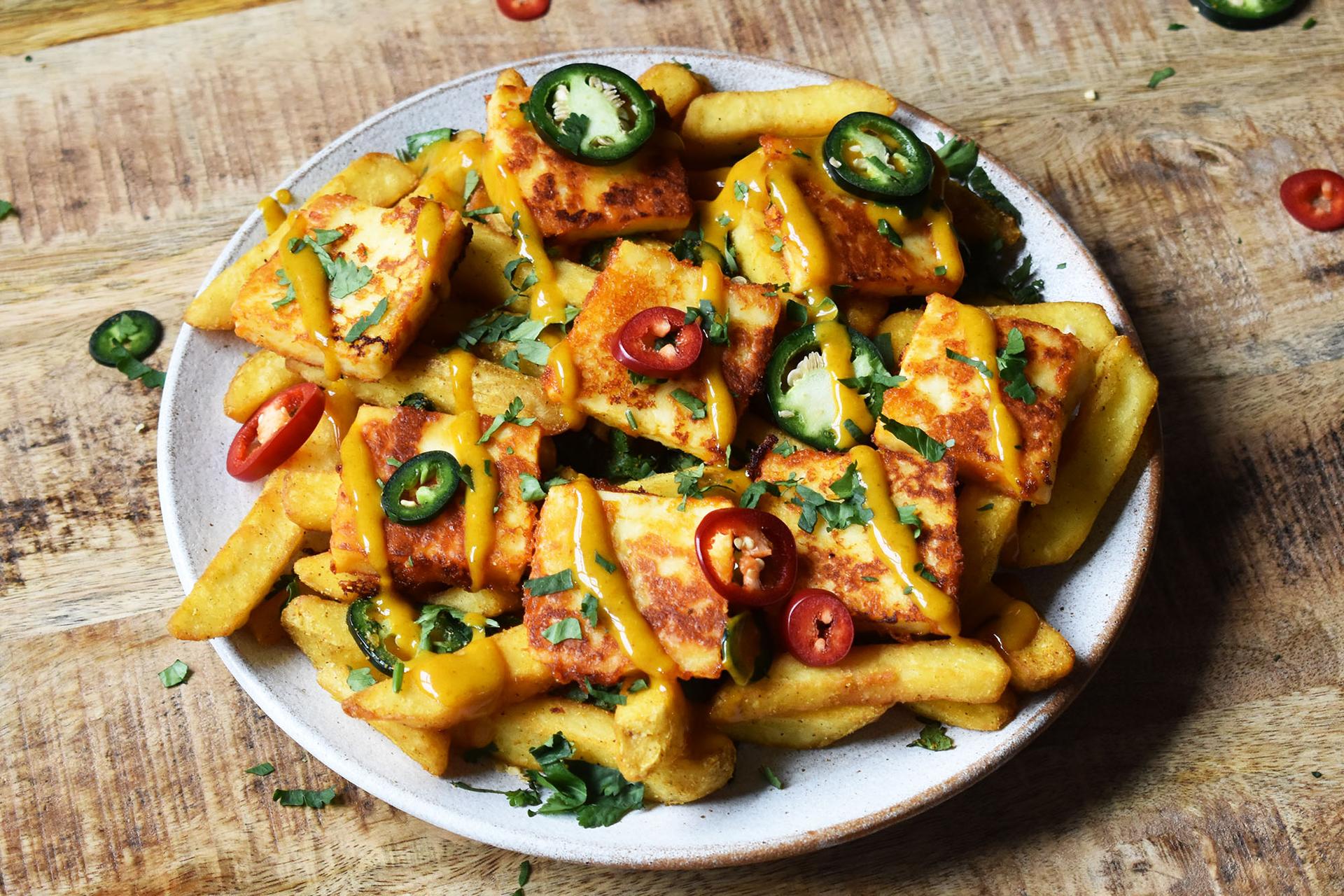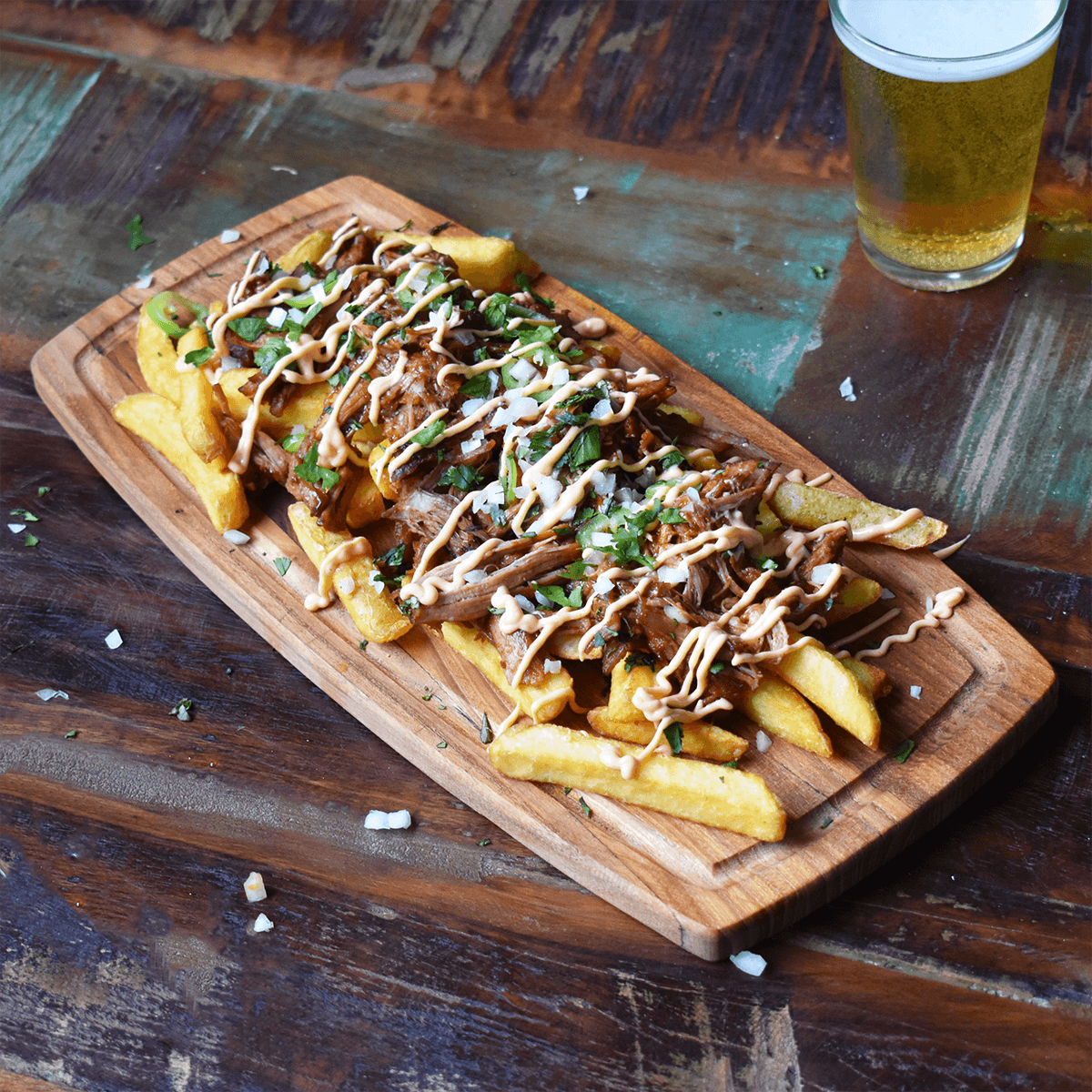
Organisational Culture - San Carlo Case Study
What is Organisational Culture?
Organisational culture is an important aspect of organisational life and a term that has become a mainstay among business leaders. The work of HR, L&D and OD influences and is influenced by organisational culture because every organisation is made up of human relationships and human interactions.
Despite its dominance, the language of culture is often unclear and difficult to define, meaning it is also hard to measure. Consequently, “real culture change is near-impossible if we can’t pin down what we’re looking to change” Distefeno claimed. Rather than culture, focusing on organisational climate – the meaning and behaviour attached to policies, practices, and procedures employees experience – is a much more specific, tangible way to positively influence the workplace.

What was the organisational culture like at San Carlo?
Marcelo Distenfeno began by speaking about the organisational culture at San Carlo and how and why it had to change. Initially, San Carlo sent out a personalised email to all employees about a survey correlating the organisational culture, to which 45% of employees did not respond too. This shocked Distenfeno and in 2018, just before the covid 19 pandemic, the organisational culture at San Carlo began. Distenfeno stated that “the top-down way of working is changing”.
How did San Carlo change their organisational culture?
Firstly, when hiring new members of staff, as part of the interview, personality tests were given out to potential new employees to see if their personality would fit the organisational culture of San Carlo. Why do people need personality test? Well, personality tests provide measures of such characteristics as feelings and emotional states, preoccupations, motivations, attitudes, and approaches to interpersonal relations. There is a diversity of approaches to personality assessment, and controversy surrounds many aspects of the widely used methods and techniques.
In terms of existing staff, those who were never going to change their bad habits and motivations were let go alongside the staff who in Stefano’s own words “had that old school Gordon Ramsay attitude” which can relate back to why 45% of employees did not fill in the personalised survey – out of fear that their answers would be shared with managers. Distefeno also claimed that “the reputation of working for San Carlo was bad – staff were scared of managers, this all correlated to the culture that has set at San Carlo”. Furthermore, Distefeno stated “at San Carlo, we over promoted, we did not give the tools to the staff who were promoted”. To improve upon this, the San Carlo Group improved upon training programmes, especially leadership training programmes so that the promoted managers can have the tools to succeed.

The Future of San Carlo:
Addressing the crowd at the Propel Info conference in London Marcello Distefano, managing director of San Carlo Restaurant Group, outlined his group’s national and international growth since his father founded the enterprise in Birmingham in 1992.
He said: “We’ve had a great few years and are going through a lot of growth now.
“We are a family business first and foremost; we’ve never been heavily leveraged and we’ve never wanted to be.
“We’ve got 25 sites in the UK and have got 10 franchises – that’s going to double in the next 18 months.
“We’re now looking at Ireland and mainland Europe, so we’ll have to think more strategically.”
He didn’t rule out an ambitious return to the home country with the opportunity to open in Milan, Italy. But higher on the list of key projects is a private members club in Hanoi, the capital city of Vietnam, where the group is developing a former French colonial house surrounded by rare trees.
He also welcomed the plethora of new globally known food brands looking at the city and said it would raise everyone’s aspirations and standards.
“Manchester is really the capital of the North – there’s so much going on in this city. We’ve been in the city 20 years and are still seeing no signs of decline for our restaurant here.
“As retailers leave, empty spaces can only be filled up with food and beverage, but we’re not worried anymore about the competition, because it’s just bringing more and more people into the city.”
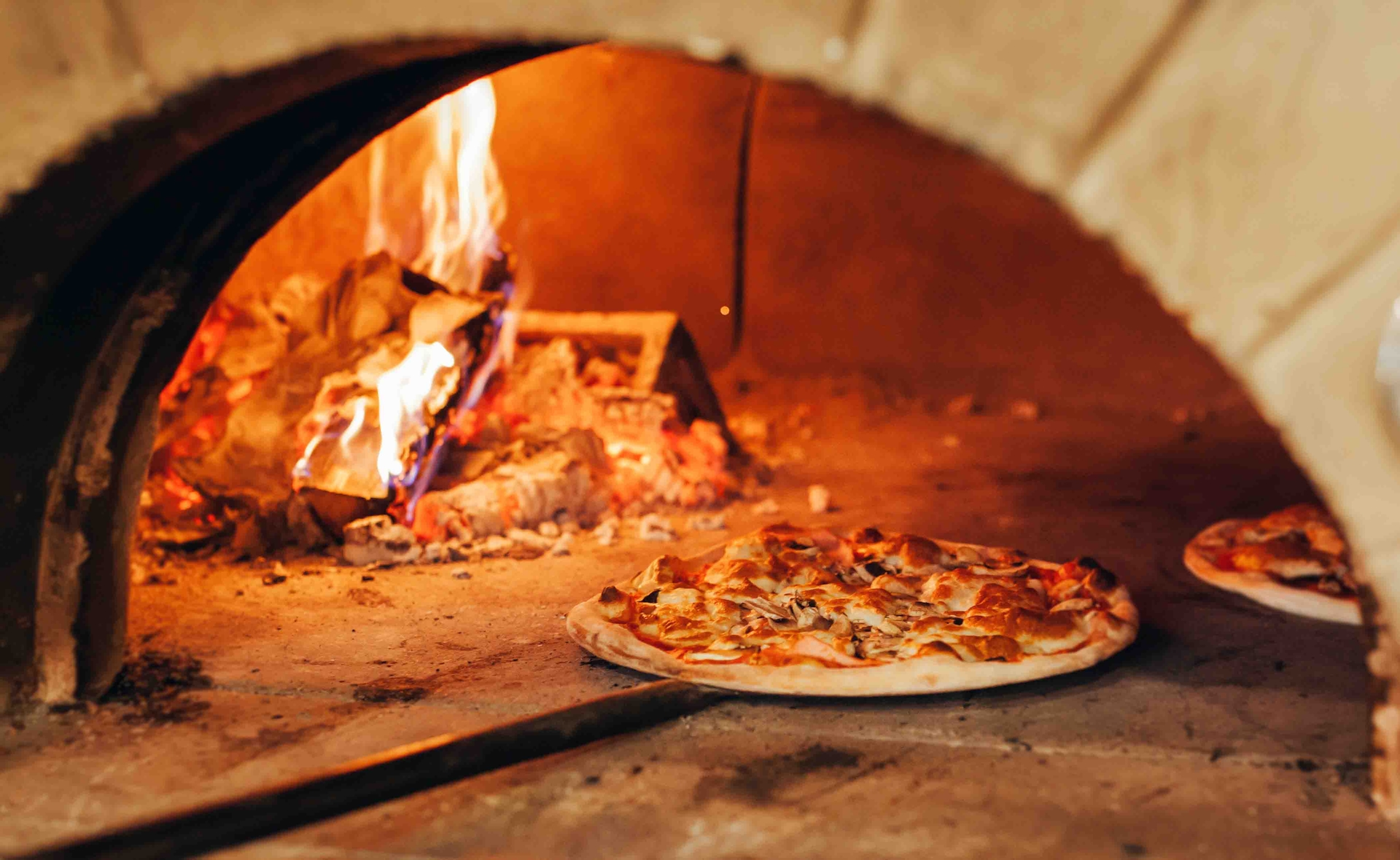
Conclusion:
In conclusion, the journey of San Carlo Restaurant Group in reshaping its organisational culture offers valuable insights into the transformative power of prioritizing workplace dynamics. As Marcello Distefeno shared, the recognition of the need for change marked the initial step towards fostering a more conducive work environment. By embracing a shift from top-down management to a culture of inclusivity and empowerment, San Carlo embarked on a path of growth and adaptation.
Through meticulous hiring processes and targeted training initiatives, the organization sought to align its workforce with its core values and aspirations. The emphasis on personality assessments during recruitment underscored the significance of cultural fit, while investment in leadership development underscored a commitment to nurturing talent from within.
The strides made by San Carlo not only reflect a commitment to internal improvement but also signal broader ambitions for expansion and innovation. As Marcello Distefeno outlined, the group's vision extends beyond national boundaries, with plans for international ventures and strategic partnerships. This forward-thinking approach positions San Carlo as a dynamic player in the ever-evolving landscape of hospitality and gastronomy.
Looking ahead, the journey of San Carlo serves as a testament to the transformative potential of organisational culture. By fostering a workplace environment that values collaboration, transparency, and continuous learning, companies can not only weather challenges but also thrive in an increasingly competitive marketplace. As other businesses take note of San Carlo's success story, it becomes evident that the true essence of organizational culture lies in its ability to inspire, innovate, and drive sustainable growth.
Inspire Your Menu
